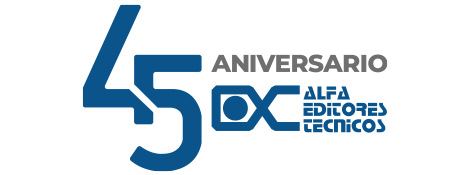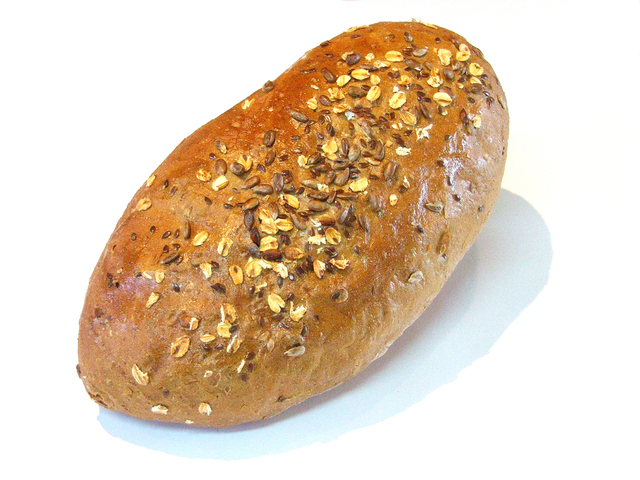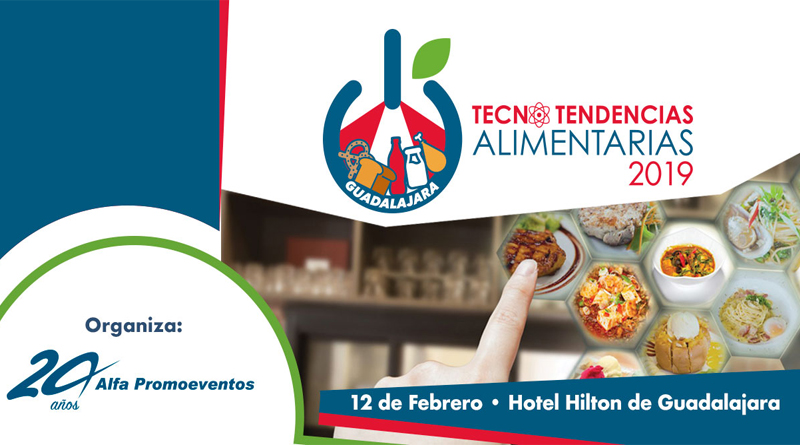DuPont Nutrition & Biosciences is launching a new emulsification system for the global bakery sector that, the company says, responds to three important trends: sustainability, health and clean label.
The company is introducing the POWERBake enzyme series in Europe, offering improver houses and bakeries a ‘unique emulsification solution’ that DuPont said ‘preserves taste and quality’ of white bread and buns.
The challenge: Label friendly functionality
DuPont said that the bakery sector faces the challenge of meeting customer demand for clean label products while at the same time increasing productivity, flexibility and time to market.
The POWERBake series has been specifically formulated to help create an optimised, cleaner label product while maintaining quality.
“For the baker who wishes to bake without the use of traditional emulsifiers, POWERBake delivers the product quality and process robustness that bakers have come to expect from a good emulsification solution,” Maria Brandt, regional industry leader Europe of food enzymes, told FoodNavigator.
The enzymes show an improvement on volume (by 5-15%) and initial softness (by 10-25%), with ‘zero compromise’ on crumb structure or shock tolerance when compared with traditional emulsification solutions or existing clean label options on the market, DuPont claimed.
POWERBake 6000 is an enzyme solution based on DuPont’s lipase, specifically developed for its unique role in emulsification and, in particular, its benefits for crumb structure and dough strengthening. It enables the replacement of mono- and diglycerides (E471) while maintaining product quality.
Meanwhile, the POWERBake 7000 series is an oxidative module developed to ensure the best possible performance in white bread and buns. Used in combination with the POWERBake 6000 series, it enables the replacement of mono and diglycerides, sodium stearoyl-2-lactylate (SSL) or diacetyl tartaric acid ester of mono and diglycerides (DATEM).
Brandt stressed that this feeds into consumer demand for cleaner labels in bakery. “Consumers value shorter, more natural ingredient lists which they see as better for their health. As a consequence, clean label bread launches are rising fast,” she noted.
As data from Innova Market Insights reveals, over the past five years, the top four European markets – Germany, France, Italy and the UK – have recorded a double-digit increase in bread products launched with clean label claims.
Brandt said that as well as addressing ‘heightened concerns of potential negative health effects’ the new ingredient also responds to ‘increasing concerns about sustainable eating’. Questioned on POWERBake’s contribution to sustainability, she elaborated “[POWERBake’s functional performance] has a positive effect on sustainability: Food waste is reduced when fewer breads and buns go out of specification and thus need to be discarded.”
Like ‘no other solution on the market’
Brandt claimed that the new clean label solution is unique on the European market. “No other solution on the market offers such an effective ability to tackle the widespread demand for cleaner labels in bread,” she told this publication.
“Our customers find that existing solutions to substitute traditional emulsifiers do not meet their quality expectations. This is a problem because consumers are not willing to accept an inferior product. We have developed POWERBake to deliver the dough processing tolerance, the crumb structure and appearance, the specific volume and the initial softness that bakers and consumers expect. In baking tests with white bread and buns – both in-house and with customers – we have observed that POWERBake consistently outperformed existing benchmarks on the above baking parameters.”
Source: Food Navigator










